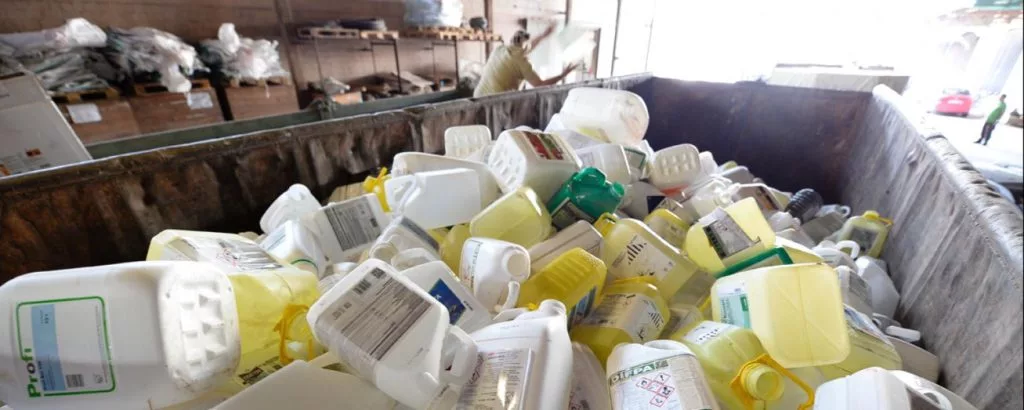What is ammonium nitrate?
Ammonium nitrate is a chemical compound (chemical formula NH₄NO₃), which is an odourless, white crystalline solid, usually taking the form of small pellets. A salt of ammonia and nitric acid, this compound is highly soluble in water, as well as being incredibly hazardous.
The most common use for ammonium nitrate is as a fertiliser, in fact it is one of the world’s most widely used fertilisers. This is because when added to soil, the ammonia is converted to nitrates by bacteria, so the two nitrates can then be taken up by the roots of plants. This increases the fertility of the soil, and provides an immediate source of plant nutrition, which helps crops to grow and increases the yield of the crops.
As it is quite simple and inexpensive to make, it has become more and more readily used by farmers all over the world, since it was first used in the 1940’s.
Dangers of ammonium nitrate
As well as being used in the agriculture industries, ammonium nitrate can be used to make explosives. As the granules are very porous, when they are exposed to a type of fuel, they end up absorbing large amounts. Even though ammonium nitrate itself isn’t combustible, when it takes on fuel, it becomes incredibly volatile – acting as a source of oxygen.
As a result, when exposed to fire, this can result in huge explosions that are often sustained for a long period of time. When used in controlled circumstances, this can be incredibly useful, which is why ammonium nitrate is often used in demolition work and mining industries. However, if handled irresponsibly, ammonium nitrate can be an incredibly dangerous substance.
In August 2020 a huge explosion in Beirut killed 78 people, injuring thousands more. The cause of the blast was said to be 2,700 tonnes of ammonium nitrate that was being stored near the city’s cargo port. This is not the only time that a major explosion has been attributed to ammonium nitrate either – in 2015 173 people were killed in Tianjin, China, when ammonium nitrate reacted with flammable chemicals to cause an explosion.
These two cases highlight just how dangerous ammonium nitrate can be. If it is not stored, or disposed of, in a responsible way, there could be deadly consequences.
Managing the dangers of ammonium nitrate
There are plenty of things that you need to keep in mind when working with ammonium nitrate. First of all, we have seen what can happen if it is not stored carefully. Any contact with flammable substances can create an incredibly volatile substance, capable of huge explosions.
Staff will need to be sufficiently trained on how to handle ammonium nitrate; the risks will need to be discussed and practices put in place to keep everyone as safe as possible. This includes personal protective equipment (PPE) for the people working in the area, emergency procedures put in place and storage segregation.
Spills and disposal should be handled by professionals. A spill can pose an immediate threat to the safety of your workers, as well interfering with production. When chemicals are involved, the most sensible option is to call on professionals to handle it for you. They will also be able to dispose of the waste in a responsible way.
How can Ideal Response help?
Our team of experts are highly trained in dealing with hazardous chemicals. We have the experience of dealing with all manner of chemical spills, and we have state-of-the-art technology to help get the job done in a safe and environmentally responsible way.
Whatever the spill or cleanup required, we can help. You can call us day or night, 24 hours a day and 365 days a year, and our team will aim to be onsite with you that day, within two hours depending on the location.
Don’t take any risks when it comes to chemicals. Trust the experts, get in touch with us today for a free quote.



